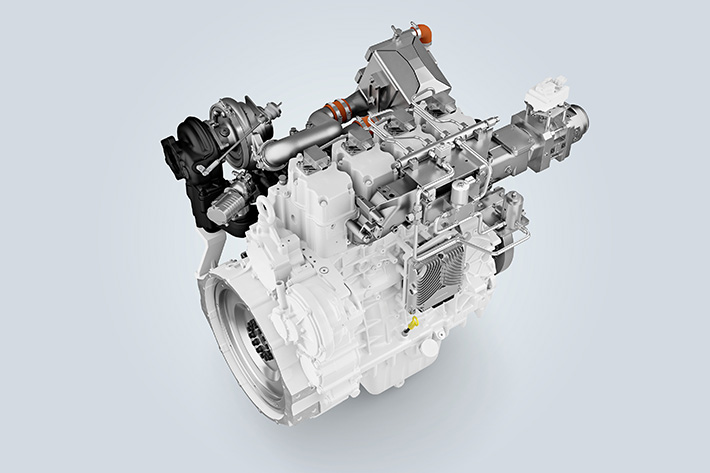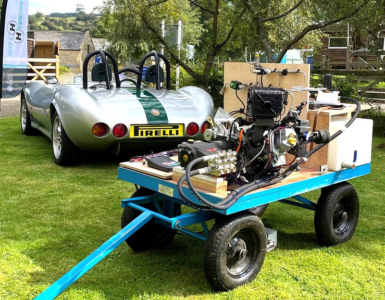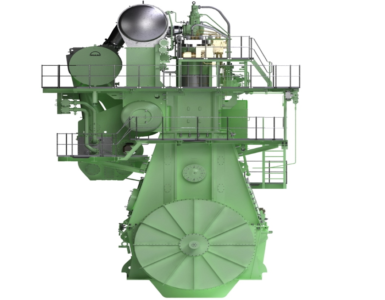Liebherr to premiere its hydrogen prototype engine on the US market.
In the future, combustion engines will no longer be powered solely by fossil diesel. In order to achieve goals in line with the collective commitment from different countries to take global climate action under the Paris Agreement, fuels from sustainable energy sources must be used.
Hydrogen is one of them, since it is a promising carbon-free fuel that does not cause any CO2 emissions when burning inside the internal combustion engine (ICE). Liebherr’s expertise in the development of ICEs will further facilitate a quick introduction of hydrogen technologies to the market – even for heavy-duty applications.
Hydrogen engines: a promising future
🔥 What about we co-host a webinar? Let's educate, captivate, and convert the hydrogen economy!
Hydrogen Central is the global go-to online magazine for the hydrogen economy, we can help you host impactful webinars that become a global reference on your topic and are an evergreen source of leads. Click here to request more details
The Liebherr components product segment has recently made a significant investment into the development of its hydrogen engine and test facilities. Prototype engines have been tested since 2020. Meanwhile, the prototypes have shown encouraging results in terms of performance and emissions, both on test benches and in the field.
Different injection and combustion technologies, such as port fuel injection (PFI) and direct injection (DI), have also been assessed in the process. The first prototype construction machines equipped with these engines have been running since 2021.
PFI technology: a starting point in the development
Initial efforts in the development of a hydrogen engine have considered PFI as the first suitable technology. The first machine running with a 100% hydrogen-fueled Liebherr ICE is the Liebherr R 9XX H2 crawler excavator, which won a Bauma Innovation Prize in October of 2022.
DI: a step towards efficient hydrogen engines
Encouraged by the results achieved with the PFI technology, Liebherr further pursues its research and development activities in the field of DI. The 4-cylinder engine prototype H964, exhibited in South Hall at the components’ booth S80821, is equipped with said technology.
In this case, hydrogen is injected directly into the combustion chamber, whereas with the PFI solution it is blown into the air intake port. The DI offers increased potential in terms of combustion efficiency and power density, making hydrogen engines an attractive alternative to diesel engines when it comes to more demanding applications.
What is next?
The components segment expects to kick off series production of hydrogen engines by 2025. In the meantime, the company continues its research activities in fuel injection to further optimize combustion and to ensure maximum power density.
In addition to 100% hydrogen-fueled engines, several research endeavors in the area of alternative fuels are currently in progress. One example is a dual fuel engine that can run on hydrogen ignited by HVO injection or fully on HVO. This technology will allow for more flexibility in vehicle operation with different configurations.
Highlights:
- The Liebherr components product segment introduces one of the first prototypes of its hydrogen combustion engines, the H964, at Conexpo 2023
- The 4-cylinder engine prototype H964 exhibited in South Hall at the components’ booth S80821 is equipped with a direct hydrogen injection technology (DI)
READ the latest news shaping the hydrogen market at Hydrogen Central
Liebherr to premiere its hydrogen prototype engine on the US market, March 14, 2023








